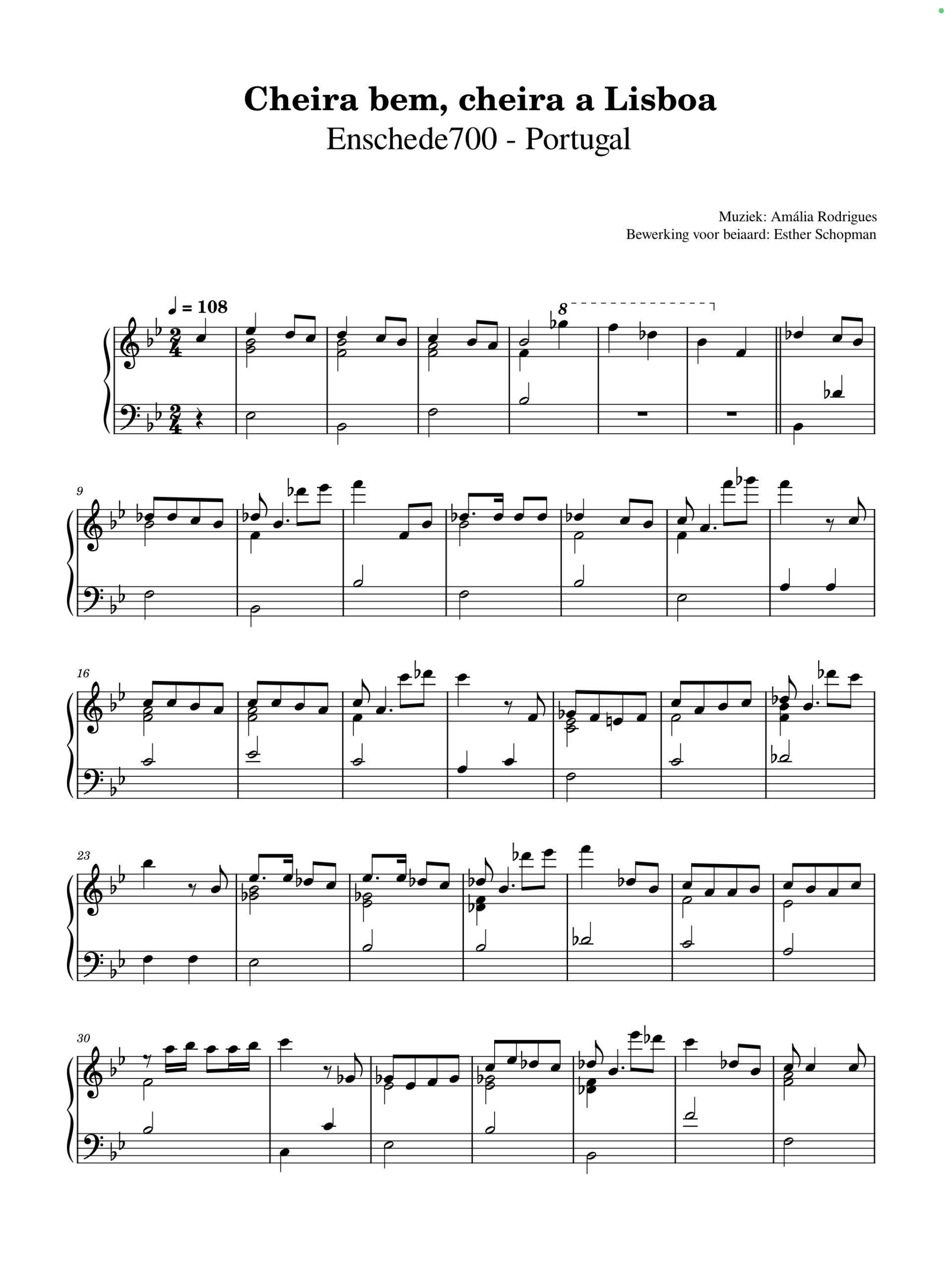Portugal
Cheira Bem, Cheira a Lisboa
Portugal
Cheira Bem, Cheira a Lisboa
Sofia Relvas

“Cheira Bem, Cheira a Lisboa” is one of the most famous songs dedicated to Portugal’s beautiful capital, Lisbon. From dawn to dusk, Lisbon is alive with scents that reflect the rhythm of daily life and the richness of Portuguese traditions.
The song captures everything from the sound of the first elétrico (tram) passing down the street, harmonizing with the footsteps of passersby, to the aroma of wine and food from every tavern. It speaks of boats being prepared for sailing, and the ever-present scent of the ocean. The lyrics link the roasted chestnuts of winter with the ripened fruit of summer, and even reference the unmistakable smell of coffee in Rossio, one of Lisbon’s most renowned squares.
Beyond the physical, the song also evokes the “smell” of solitude — an emotional metaphor that speaks to the melancholic beauty of Fado and the uniquely Portuguese feeling of saudade. The scent of grilled sardines stands as a symbol of Lisbon’s traditional summer festivals in honor of the city's patron saint. In every poetic line, the message is clear: it smells good — it smells like Lisbon.
The song was first performed in 1972 by the iconic Fado singer Amália Rodrigues. Since then, it has been passed down through generations. The song often fills the air during family gatherings, typically around a table with traditional Portuguese food — there’s always someone who knows how to play it on the accordion. It’s also common for mothers and grandmothers to sing it to calm children or make them smile, especially during the catchy, hand-clapping chorus.
From personal experience, I know that it is even a favourite song to sing while doing chores at home. “Cheira Bem, Cheira a Lisboa” is very connected to Lisbon’s summer festivities, played repeatedly as crowds sing — or shout—along with full-hearted joy. All of this reflects how deeply rooted the song is in Portuguese culture and how it continues to play a role in preserving national and Lisbon identity.
Fado is one of the most well-known elements of Portuguese culture, as it captures the emotions, stories, and traditions of the Portuguese people. It can be deeply melancholic or joyfully, but above all, it reflects the soul of Portugal – it literally means 'fate' or 'destine'. To me, Fado holds special significance because it embodies what it means to be Portuguese. This song in particular carries a deep personal meaning — I’ve been listening to it since I was a child. My grandmothers used to sing it to me, they are fond memories that have always stayed with me.
My name is Sofia Relvas. I moved to Enschede one year ago to pursue a PhD at the University of Twente. Relocating to the Netherlands was a significant and carefully considered decision, as I feel a deep connection to my roots. However, my desire for better career opportunities led me to take this step and begin a new chapter abroad. Today, I can proudly say that moving to another country has truly broadened my horizons. It has allowed me to experience the beauty of the Netherlands while also gaining a new perspective on my own culture.
This journey has taught me to appreciate my heritage even more deeply, while also embracing and integrating aspects of Dutch culture into my daily life. I now feel enriched by this cultural mix, and it’s something I will carry with me for the rest of my life.
